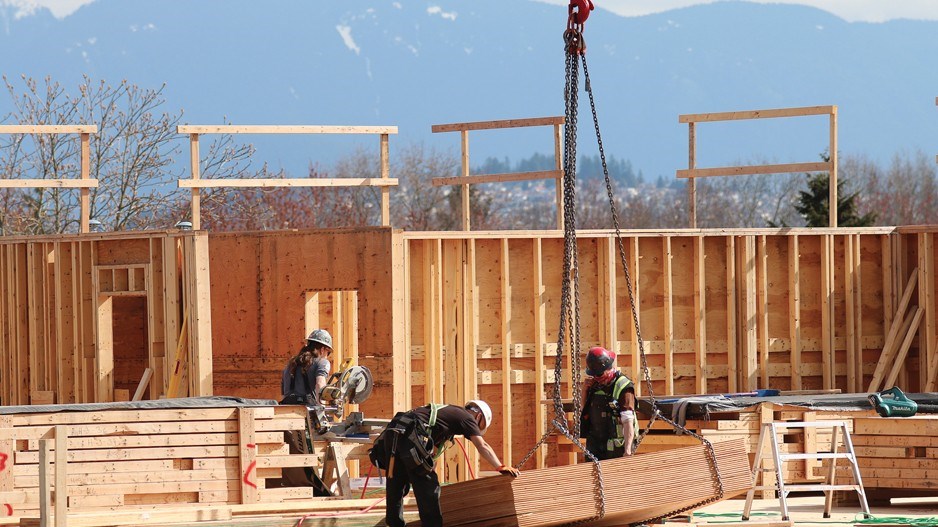Purpose-built rental starts surged in Metro Â鶹´«Ã½Ó³»last year as developers took a wary eye to the condominium market, according to a Wednesday report from the Canadian Mortgage and Housing Corp. (CMHC).
The region typically reports a higher number of condominium starts compared with purpose-built rentals. However, the latest data reveals condominium and rental starts were split nearly equally – a sign of big annual gains for rentals.
Starts for purpose-built rentals reached 9,369 units in 2022, an increase of 49 per cent from a year earlier and the highest annual total in over three decades. Condominium starts dropped 25 per cent to 9,917 units – similar to the pace in 2015.
Increasing demand for rental stock and changes to financing conditions owing to higher interest rates are the top drivers of this shift, said CMHC.
“Rental construction accelerated in Metro Â鶹´«Ã½Ó³»in 2022, but higher financing costs may limit additional starts in the coming years,” Eric Bond, senior specialist for market analysis at CMHC, said in the report.
Metro Â鶹´«Ã½Ó³»reported steady starts as the construction industry faced pressures from higher financing costs, softer market conditions, material and labour shortages. The report notes that an increasing number of approved construction projects have been delayed due to these pressures.
Metro Â鶹´«Ã½Ó³»reported 25,983 housing starts in 2022, down slightly from the 26,013 starts in 2021.
Toronto housing starts increased 7.7 per cent – the highest level since 2012. But it was the only city where developers did not pursue purpose-built rentals. Calgary (+15 per cent) and Edmonton (+16 per cent) saw the biggest increase in housing starts.
Coquitlam led the charge for starts within Metro Â鶹´«Ã½Ó³»last year (3,608 units), more than doubling the pace of construction compared with 2019.
The number of laneway homes and secondary suite rental starts increased by 22 per cent between 2022 and 2021, reaching a total of 2,726 units. Their share of total rental starts fell to 28 per cent from 33 per cent in 2022. This is due to the increase in purpose-built rental buildings, according to the CMHC.
And as the province pursues efforts to add more housing supply, the pace of construction remains strained due to materials shortages that are expected to persist until the second half of 2023.
Concrete shortages added pressure to the construction industry as a result of disruption for concrete truck drivers and an electrical fire at a key manufacturing plant in mid-2022.
“Three very large projects, two of which are public – Broadway Subway and St. Paul’s Hospital – entered the main phase of their concrete demand at the same time. This resulted in delays of three to four months at many other projects, due to slower concrete deliveries,” the report said.



